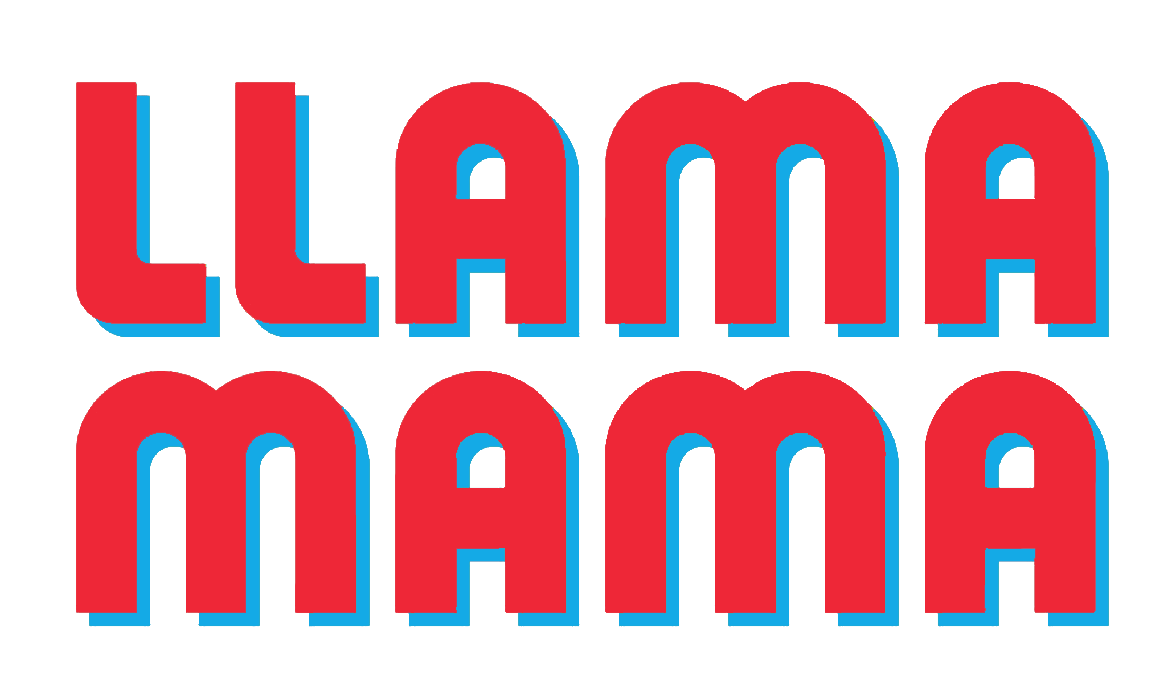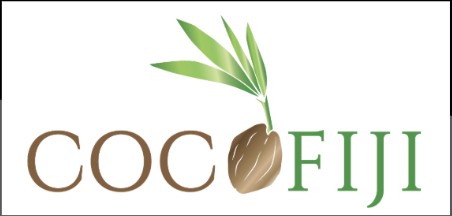Demand for plant-based milk in Japan is growing. More varieties than ever before are now available on supermarket shelves. Is Japan’s appetite for plant-based milk finally trending towards that of Europe and America?
Over the past decade, plant-based milk has grown from a niche to become a booming market. In 2021, the global market was valued at 12.1 billion US dollars, expected to grow at an annual rate of 9.5% CAGR until 3031.
Increasing concern over the dairy industry’s greenhouse gas emissions, widely publicized animal cruelty, and consumer shifts towards health-conscious diets, have given consumers a craving for plant-based milk. Opportunities to capitalize on the demand for dairy alternatives will only increase.
But is Japan ready to take bigger sips of the plant-based milk trend? In this post, we review the current state of plant-based milks in Japan and the opportunities for market entry.
1. Plant-based milk consumption grows in Japan, dairy declines
Recently Japanese consumers are growing more health-conscious, leading to increased interest in plant-based milk. Ethical and environmental concerns don’t yet drive consumers in Japan, but they are sensitive to sustainability. These trends accelerated during the pandemic as consumers worried about keeping healthy. Sensing an opportunity, an increasing number of new plant milks hit supermarket shelves in 2020.
The increase in plant-based milk consumption in Japan comes as dairy drinking is generally declining. A report published by the Japan Dairy Association showed 23.3% of consumers reported not drinking milk in 2020, up from 13.6% of consumers in 2019. Reasons for ditching cow milk were mainly to avoid lactose intolerance symptoms, followed by health concerns over high-calorie content.
The reasons for avoiding dairy show Japanese consumers care about the healthy image and nutritional value of products.
Let’s take a look at the current state of the plant-based milk market in Japan and where there are opportunities for growth.
2. The plant-based milk market in Japan – an overview
2.1 Soy milk in Japan tops the market
Soy milk is the second most popular dairy in Japan. It has long been a staple of the Japanese diet and it is not necessarily viewed as a substitute for cow's milk. An online survey conducted by My Voice in 2021 showed top reasons for consuming soy milk are health (51.4%) and nutritional value (44.3%). Our own research conducted by Market Shake, Gourmet Pro’s F&B industry newsletter, confirmed many people in Japan drink soy milk for its health benefits. Soy milk is also low priced compared to other dairy alternatives.
Local producers dominate the soy milk market in Japan. Kikkoman leads, with over 50% of the market share and a vast portfolio of products under different flavors, such as matcha or chocolate soy milks. Marusan occupies the second spot with about 20% of the market share. Following this is Nagoya’s Sujahta, then Pokka Sapporo and Ostuka Pharmaceutical (maker of Soysh, a soy-water beverage).
A few import soy milk brands exist, notably Provamel (Alpro) which is available from international supermarkets such as Bio C’Bon and National Azabu. Ultimately, despite the recent steady growth of the soy milk market in Japan, it is saturated with players, leaving newcomers no hope for entry. This is why companies bet on alternative plant-based milks, like almond, to expand into Japan.
2.2. Almond milk built a strong position in Japan
The growth of the soy milk market (6.8% per year on average) attracted almond milks to Japan, beginning in 2013 when US Brand Almond Breeze made their market entry. Since then, the almond milk market has seen yearly double-digit growth in sales. Though still a relatively minor segment, almond milk has been dubbed Japan’s “third milk” for earning a prominent spot next to soy on shelves.

Like soy, almond milk is viewed as healthy by Japanese consumers. It is low in calories and rich in vitamin E. A survey of women living in Tokyo conducted by The Almond Milk Laboratory in 2019 also identified an association between almond milk and physical beauty.
Big players have used several strategies to drive consumer interest in almond milk. Market leader Ezaki Gliko group’s brand Almond Kouka features a strong lineup of products and has a powerful brand ambassador in actress Hana Matsushima.
US brand Almond Breeze is available in convenience stores, supermarkets and vending machines in Japan after entering the market with licensing partner and local beverage producer, Pokka Sapporo.
The popularity of almond milk has prompted market entry from several other local producers. This includes soy maker Marusan in 2019, Tsukuba Dairy in 2016, and supermarket chain AEON in 2018.
However, almond milk also faces several barriers to further growth in Japan. Current consumers are mainly in their 50s and 60s, with younger generations preferring soy. Consumers interviewed by Market Shake who knew of almond milk pinpointed high price and strong flavor as a turn-off. One interviewee who had tried almond milk also said he limited consumption because the product’s production process is not sustainable.

Could the recent arrival of almond’s disruptive plant-based cousin oat milk signal early competition for the title of “third milk”?
2.3 Oat milk’s popularity in Japan is growing
Oat milk is the newest major plant-based milk to gain traction in Japan. Still, it is a relative novelty for consumers in Japan, where general awareness about oat is low. However, since 2020, oat milk has grown considerably in popularity thanks to market entry by several big players, notably Danone’s Alpro brand.

Oat milk arrived quietly in Japan in 2018 through import brands like Provamel and The Bridge, which are sold in international supermarkets. Japanese media and trendy websites' coverage of oat milk’s popularity overseas has brought some awareness of the product to consumers, however. So too has the decision by coffee chains like Starbucks and Dean and Deluca to offer plant-based milk in Japan as an alternative to cow milk.
In 2020, Alpro entered the Japanese market with its Oatmilk product. Alpro’s entry strategy, discussed below, has proven effective at shining the spotlight on oat milk in Japan.
Several other brands have taken note. Swedish brand Oatly entered Japan in 2021 and is currently sold via e-commerce sites such as Amazon. Local player Marusan, added Japan’s first locally produced oat milk to its line-up of plant-based milks in March 2021. At the same time, Coca-Cola (Japan) announced Go Good oat milk which includes several flavours such as coffee.
2.4 Other plant-based milks available in Japan
Apart from soy, almond and oat, a few other minor plant-based milk varieties are available in Japan. Consumers can find them mainly online or at organic and specialized stores. This includes rice milk, macadamia, coconut milk and pistachio milk. However, the high price of these products prevents them from competing with the top 3. Check out Market Shake’s sweep of supermarket shelves in Japan to learn more about these other milks.
Based on the success of almond milk and oat milk, it's clear that Japanese consumers are receptive to new plant-based dairy. Next, we will take a look at Alpro’s launch of oat milk in Japan which highlights some of the success factors in winning over consumers in Japan with new products.
3. Alpro oat milk’s Japan launch shows how new plant-based products can go big
Alpro is a leading European producer of plant-based products, operating as part of the Danone Group.
Marcio Fukuda, Marketing Manager at Danone Japan, explained to Market Shake how Alpro successfully entered the Japanese market.
Sensing that the pandemic in 2020 was accelerating an existing trend toward health-conscious eating and drinking, Danone felt the time was right to bring a new plant-based milk to Japan.
3.1 Alpro's strategy
At first, Alpro took its time to survey Japanese customers’ needs. They identified health as a major motivation in Japan, with customers keen to get nutrients, like proteins and isoflavones in the case of soy. At the same time, product taste is an important driver. Here Alpro ticked both boxes as Oatmilk is fibre-rich, and during early sampling, Japanese customers found it delicious and easy to drink.
Once Danone knew their product had potential, they planned a strategy to build awareness of Alpro in Japan. As oat is not commonly consumed, Danone focused on educating customers on oat and the health benefits of Oatmilk. They ran TV and digital campaigns to raise awareness of their product and brand.
At the same time, they tapped into Japanese consumers’ love of novelty, especially regarding foreign products. They made Alpro easy to try by collaborating with a popular yoga studio to organize samplings amongst a base of consumers already interested in the latest healthy products.
Finally, Alpro worked on creating packaging that could introduce customers to oat and Alpro simultaneously. By showing a glass of milk and foregrounding oat’s health benefits, the packaging makes it clear to consumers what Oatmilk is and why it's beneficial. Alpro also made a special 250ml sized Oatmilk to match similar mainstream small-sized soy and almond milk products already popular in Japan.

3.2 Japan is still savoring the taste of Alpro’s launch
Marcio Fukuda says the groundwork really paid off, and as sales continue to increase, Danone has revised forecasts up.
Duco Delgorge, advisor to Gourmet Pro, CEO of import agency Joft and 30-year veteran leader of import companies, highlights the fourth factor of Oatmilk’s success:
“One key factor is the retail price, which is below 400 yen per litre (so it is not too expensive for most consumers, unlike some other plant-based milks). Danone has also invested a lot in promotion to build awareness and trials. Also, Alpro is an excellent product, which tastes great.”
4. How to capitalize on the new thirst for alt-milks in Japan?
Cases like Alpro show that the Japanese market is very open to trying new plant-based milks. We creamed off the secrets of Oatmilk’s successful market entry and summarized them below:
1. Take time to understand Japanese consumers’ values, and align your product with them before market entry.
2. Invest in promotion and consumer trialling to build awareness. Where possible align products to customers’ lifestyles.
3. Product packaging should be clear, answering the questions: “what is the product”, and “why should I try it”? Check out our interview with F&B industry expert Daniel Kwinter as he walks us through oat milk brand OATme’s intelligent packaging design for their entry to Japan in 2021.
4. Price products competitively. More affordable products stand out to cost-conscious Japanese consumers.
As is often the case in Japan, the plant-based milk market’s steady expansion may give way to rapid growth as retailers see evidence of trends. Diversifying the dairy market will give consumers in Japan access to healthier, more sustainable alternatives. We at Gourmet Pro believe that the taste for plant-based dairy in Japan will eventually catch up to Europe and the US.
Now is an ideal time to bring plant-based milks and other products to Japan off the back of pandemic-fueled increases in awareness and demand for healthful products.
Do you have a product you want to bring to the Japanese market? Following the above 4 steps is a good starting point. Our network of F&B industry experts can further support your market entry as boots on the ground to really make things happen in Japan. Start making progress today!


%206.png)
.svg)






.svg)



.svg)
.svg)
.svg)

.svg)






































































.png)




























